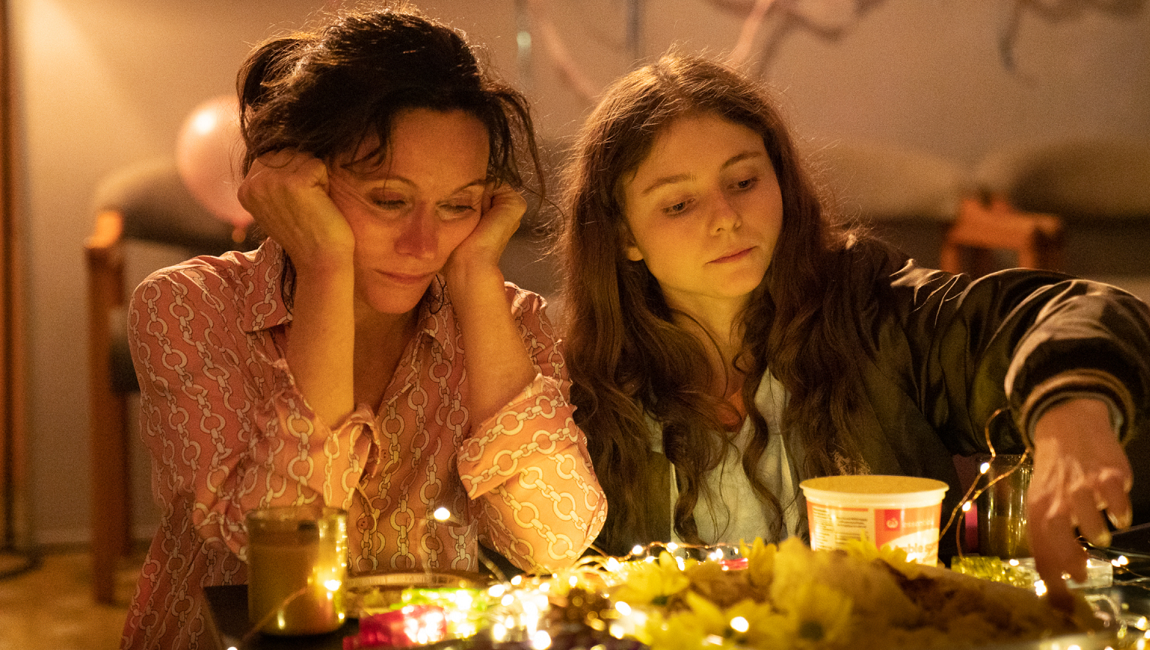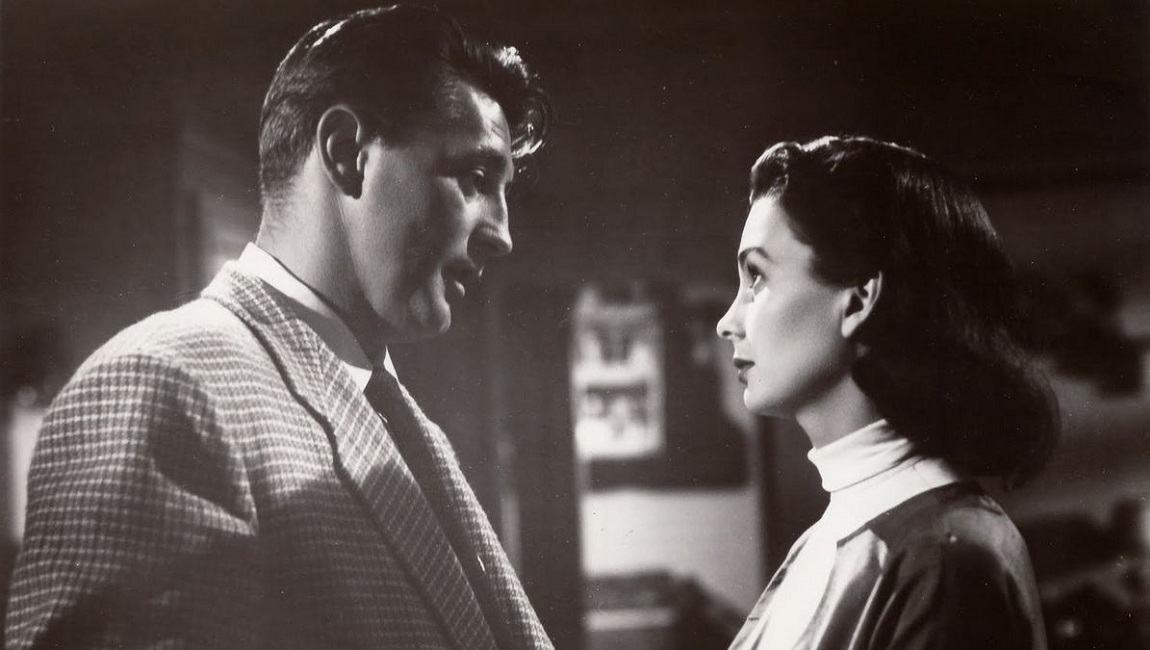A heavy-handed allegory on the evils of capitalism posing as a contemplative character study, Zhou Ziyang’s Wu Hai wallows in the misery of its protagonist, Yang Hua (Huang Xuan), a man pushed to his limits by the stifling debt that has overtaken his life. Hua’s financial woes have put a strain on his marriage to Miao Wei (Yang Zishan), as debt collectors pound at their apartment door and literally set up camp in the building’s lobby. Hua has sunk all of the couple’s savings into Dinosaur Park, a resort in the middle of the desert made up of luxury yurts and cheap T-Rex sculptures. Anxiously awaiting a financial windfall promised by his business partner once the project receives government clearance, Hua’s life spins wildly out of control over the course of just three days, and Wu Hai chronicles this collapse and the impact felt by everyone within Hua’s spiraling orbit.
Ziyang favors expansive long takes and handheld camerawork that lend an immediacy to the proceedings, appropriate given the timely subject matter. It also brings an air of authenticity to a story that is ultimately nothing more than pure melodrama, presenting its hysterics with such straight-faced integrity that one could be forgiven for thinking there was something here resembling nuance or depth. We witness how Hua’s financial problems are merely an extension of a rigged system, Hua himself nothing more than a cog in a broken machine. He seeks money from his business partner, a seedy loan shark whose financial gain is dependent upon corrupt government officials. Meanwhile, Hua is instructed by said partner to shake down those clients who still owe him money, including a young woman who borrowed cash to buy an iPhone so that she would no longer be mocked by her fellow classmates, and who offers sexual favors in exchange for a loan extension. Even the debt collectors hired to hound Hua are destitute, working a job they despise in order to support themselves. That one of these men discusses how he is sick with AIDS and desperately needs medicine should be indicative enough of the unsubtle key in which Ziyang is working here.
By the time we get to a shot of Hua literally climbing into the mouth of one of the T-Rex sculptures — an apex predator, mind you — in order to obtain desperately needed shelter from the harsh environmental elements, viewers won’t be able to help but roll their eyes at the sledgehammer symbolism on display. Hua is a protagonist who never once receives a moment’s reprieve from the cruelties of a poisoned class system, to the point that the entire film feels like an exercise in masochism. How many indignities can Hua — and by extension, the viewer — suffer before a breaking point is reached? The specifics of that end point may remain a tad up in the air, but there is no mistaking where this journey is headed, making the proceedings an unpleasant chore to endure. There are a few distractions here and there, such as a close-up shot detailing the burning of a yurt whose destruction gives way to a gorgeous aerial view of the carnage wrought by our protagonist, as well as a commanding and soulful lead performance from Huang, but they ultimately lead to a message that amounts to nothing more than “capitalism sucks.” The sentiment is always appreciated, and certainly merits saturation in popular discourse, but not exactly groundbreaking in 2021, and not enough to make the one-note Wu Hai worthy of a watch.
Published as part of Tribeca Film Festival 2021 — Dispatch 4.







